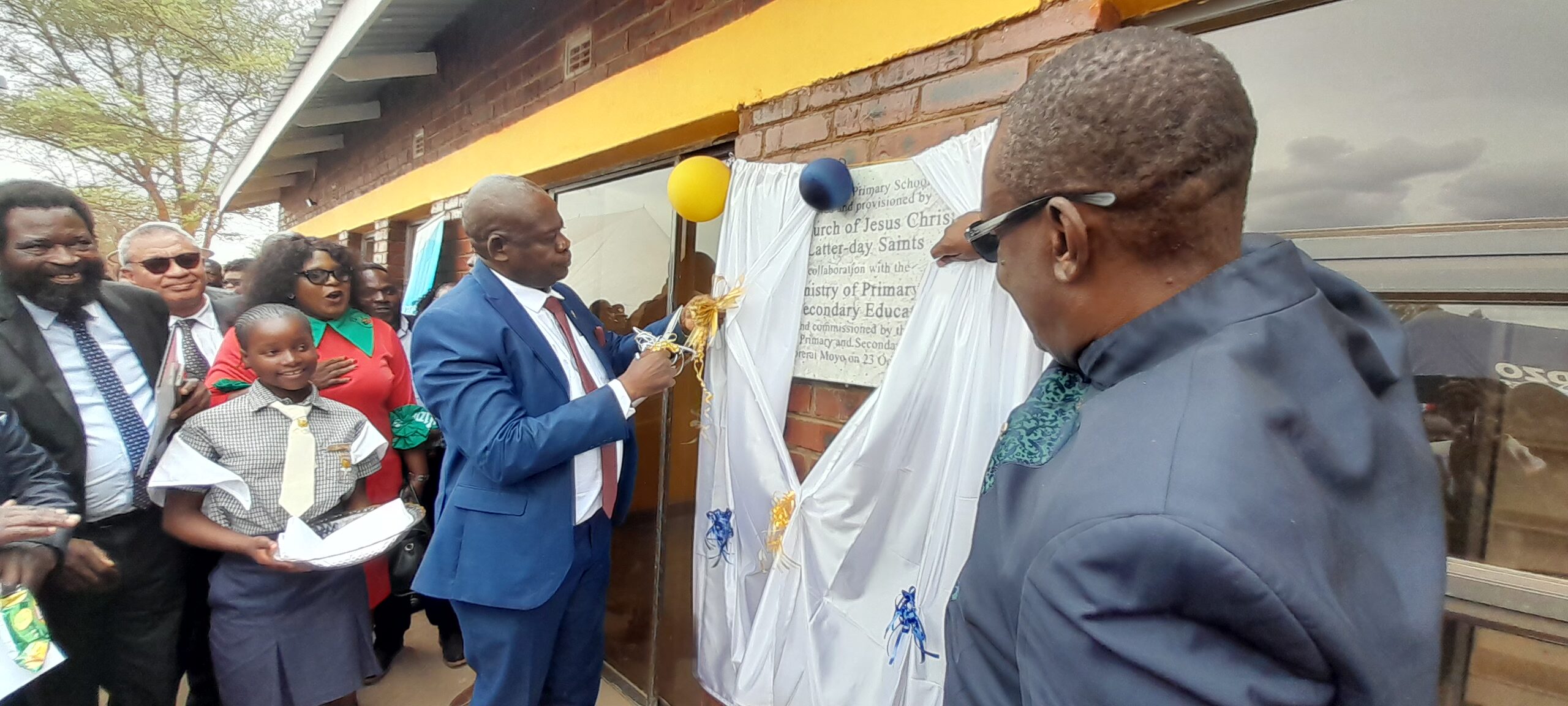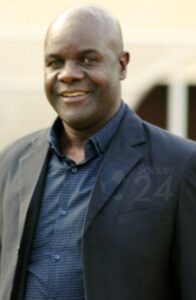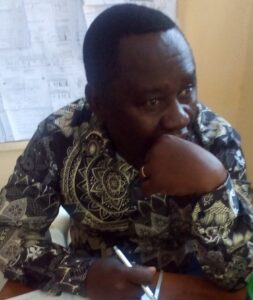By Flata Kavinga
The Minister of Primary and Secondary Education, Torerai Moyo, has commended the Church of Jesus Christ of Latter-day Saints for its continued contribution to the development of education in Zimbabwe, saying such partnerships are key to achieving the government’s goal of providing quality, equitable and inclusive education for all.
Minister Moyo was speaking during the commissioning of the new Globe and Phoenix Primary School in Kwekwe on Thursday.
The state-of-the-art facility, constructed at a cost of more than US$600,000, was fully funded by the Church of Jesus Christ of Latter-day Saints as part of its ongoing humanitarian support to the education sector.
Moyo said the new school stands as a testament to what can be achieved through collaboration between government and faith-based organizations.
“The commissioning of Globe and Phoenix Primary School, built by the Church of Jesus Christ of Latter-day Saints and supported by the government, is a clear demonstration of the power of partnership in transforming education,” he said.
The Minister highlighted the long-standing role churches have played in Zimbabwe’s education system, dating back to the colonial era when missionaries established schools in remote areas to ensure access to learning opportunities.
“Missionary organizations have always stood with government in promoting education, and the Church of Jesus Christ of Latter-day Saints continues this noble legacy,” he added.
Moyo revealed that the Church has constructed several other schools across the country, including facilities in Bulawayo, Mashonaland Central, and Mashonaland East provinces.
“In 2023, I had the privilege of commissioning more than 23 classrooms in Bulawayo built by the same church, which included computer and science laboratories. They invested over US$1.5 million in that project,” he said.
He also reiterated government’s commitment to expanding educational infrastructure, noting that more than 120 schools will be built in 2025 under the Second Republic’s education development agenda led by President Emmerson Mnangagwa.
“We are determined to ensure that every child in Zimbabwe has access to quality education, regardless of their background or location,” said Moyo.
The newly built Globe and Phoenix Primary School is expected to ease classroom shortages in Kwekwe’s growing urban population, providing modern learning facilities that include ICT and science laboratories.
Moyo concluded by urging other stakeholders to emulate the Church’s example and invest in the nation’s education system to help nurture future generations of Zimbabweans.
Meanwhile, the Midlands Minister of State for Provincial Affairs and Devolution, Owen Ncube, says the construction of the new Globe and Phoenix Primary School in Kwekwe, which now accommodates 899 pupils, aligns with the United Nations Sustainable Development Goal (SDG) 4 on ensuring access to quality, inclusive, and equitable education for all.
Ncube said the modern school infrastructure reflects the Second Republic’s commitment to improving education standards and creating an enabling learning environment for every child, regardless of gender or disability.
“The construction of Globe and Phoenix Primary School dovetails with the United Nations SDG 4 on ensuring access to quality, inclusive, and equitable education, and with the National Development Strategy 1 pillar on human capital development and innovation,” Ncube said. “It also recognises the critical role of the church, local authorities, the private sector, and individuals in the ownership and management of schools.”
The project includes seven classroom blocks, an administration building, an ablution block, and a solarised borehole to provide clean water for learners and staff.
Ncube commended the collaborative effort that led to the school’s construction following the decommissioning of the old Globe and Phoenix Primary School in 2023, which had been rendered unsafe due to ground instability caused by mining activities.
He said the project was part of several initiatives being implemented in the Midlands Province to improve access to quality education, citing rural model schools, school electrification projects, and the distribution of laptops under the Presidential Computerisation Programme.
“The success of this project is a testament to what can be achieved when government, the private sector, and faith-based organisations work together for the good of the community,” Ncube added.





